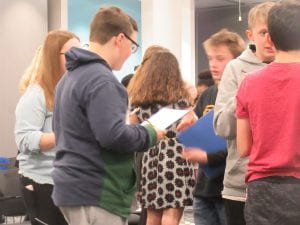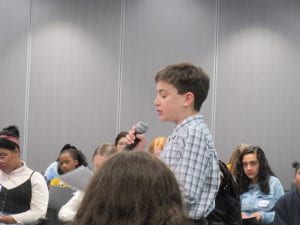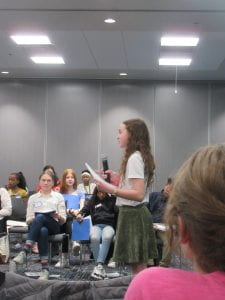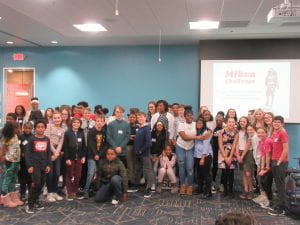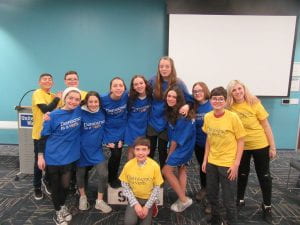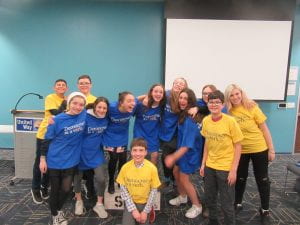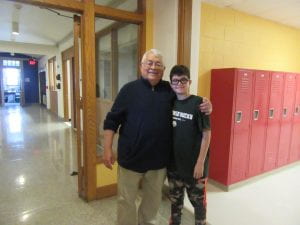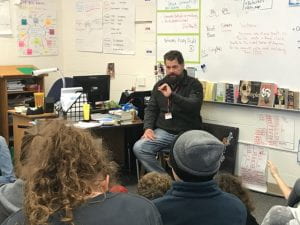Hello all. What a strange way to open up a week. Never would I imagine being home during a school day….although I have probably done more computer work this morning so far than the last few weeks.
We are moving forward with our film study, especially as it relates to the Civil Rights Movement. First, students must learn the three main focuses of film: literary, dramatic, and cinematographic aspects of film. Each of these components help make movies the amazing, enjoyable, and educational pieces of entertainment that they are. We started looking at the literary aspects of film on Friday, but have since started doing so on the computer (I have a Google Slides presentation I shared with the students, in addition to a brief video explaining what everything means).
We will continue to explore all parts of film and their definitions and important components. As we get closer to films, below is a list of the films students will watch when we reach our main area of focus: Civil Rights.
Hidden Figures
Long Walk Home and The Rosa Parks Story
All the Way
Selma
Loving
The Blood is at the Doorstep
If you have further suggestions or recommendations, please do provide them. I will make sure each student has access to these films during our extended home study.


